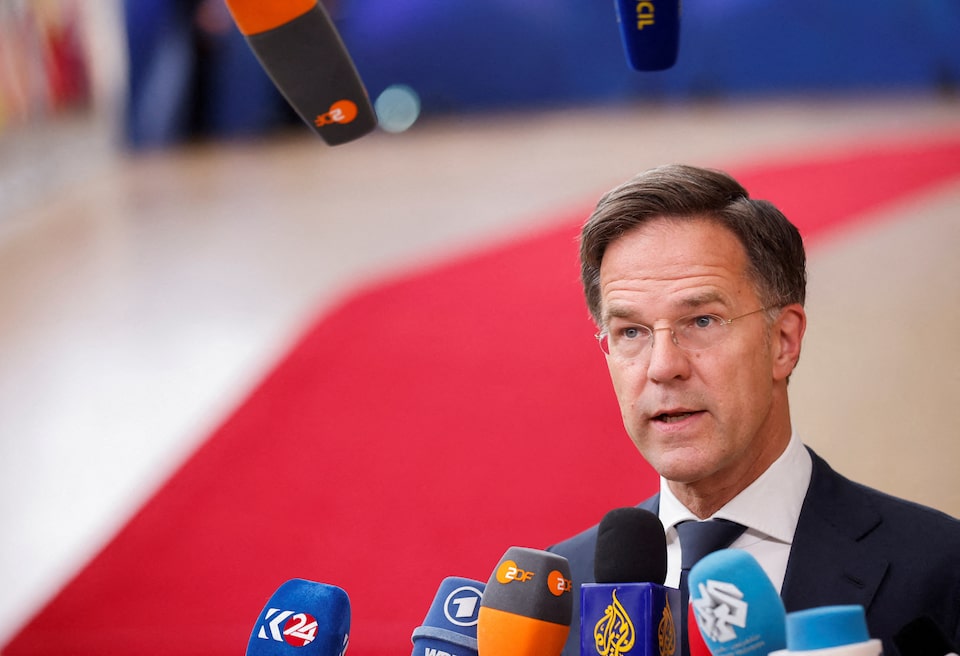
Mark Rutte, chosen to be NATO’s next secretary-general, is a fierce critic of Russian President Vladimir Putin and a staunch ally of Ukraine who honed his skills as a political dealmaker during nearly 14 years as Dutch prime minister.
Rutte, 57, has been one of the driving forces behind Europe’s military support for Ukraine since Russia’s 2022 invasion and says defeat on the battlefield for Moscow is vital to secure peace in Europe.
His view is heavily influenced by the downing of an airliner over Ukraine in 2014, which the Netherlands blames on Russia, and in which 196 of the 298 victims were Dutch. NATO must be powerful to counter Moscow, and other European Union leaders must not be naive about Putin’s Russia, he says.
“He won’t stop at Ukraine if we don’t stop him now. This war is bigger than Ukraine itself. It’s about upholding the international rule of law,” Rutte told the United Nations in September 2022, seven months after Russia’s full-scale invasion
Rutte first took office in 2010 and went on to become the longest-serving Dutch prime minister before announcing last year that he planned to leave national politics.
After the downing of flight MH17, he went from being primarily domestically focused to one of the EU’s main dealmakers, playing an important role in European debates on immigration, debt, and the response to COVID-19
Under his leadership, the Netherlands has increased defence spending to more than the 2% threshold of GDP required of NATO members, providing F-16 fighter jets, artillery, drones and ammunition to Kyiv and investing heavily in its own military.
His path to replace Jens Stoltenberg, who steps down as NATO chief in October after nearly a decade at the helm, became all but certain after Romania’s president withdrew his own candidacy. Rutte already had the backing of the other 31 countries in the 32-state alliance.
“Mark is a true transatlanticist, a strong leader, and a consensus-builder,” Stoltenberg said. “I know I am leaving NATO in good hands.”
Under Stoltenberg, who joined a few months after Russia annexed Crimea from Ukraine in 2014, the alliance has added Montenegro, North Macedonia, Finland, and Sweden as new members.
Some members of the North Atlantic Treaty Organization had hoped Estonian Prime Minister Kaja Kallas would become the first woman to lead NATO, but others saw her as too hawkish towards Russia.
Reuters/Shakirat Sadiq






![RABBIT Battery Expert Shares High Voltage Secrets! [Video]](https://naijatipsland.com/wp-content/uploads/2024/12/471459901_1046938574140198_1629874378413442280_n-100x56.jpg)



